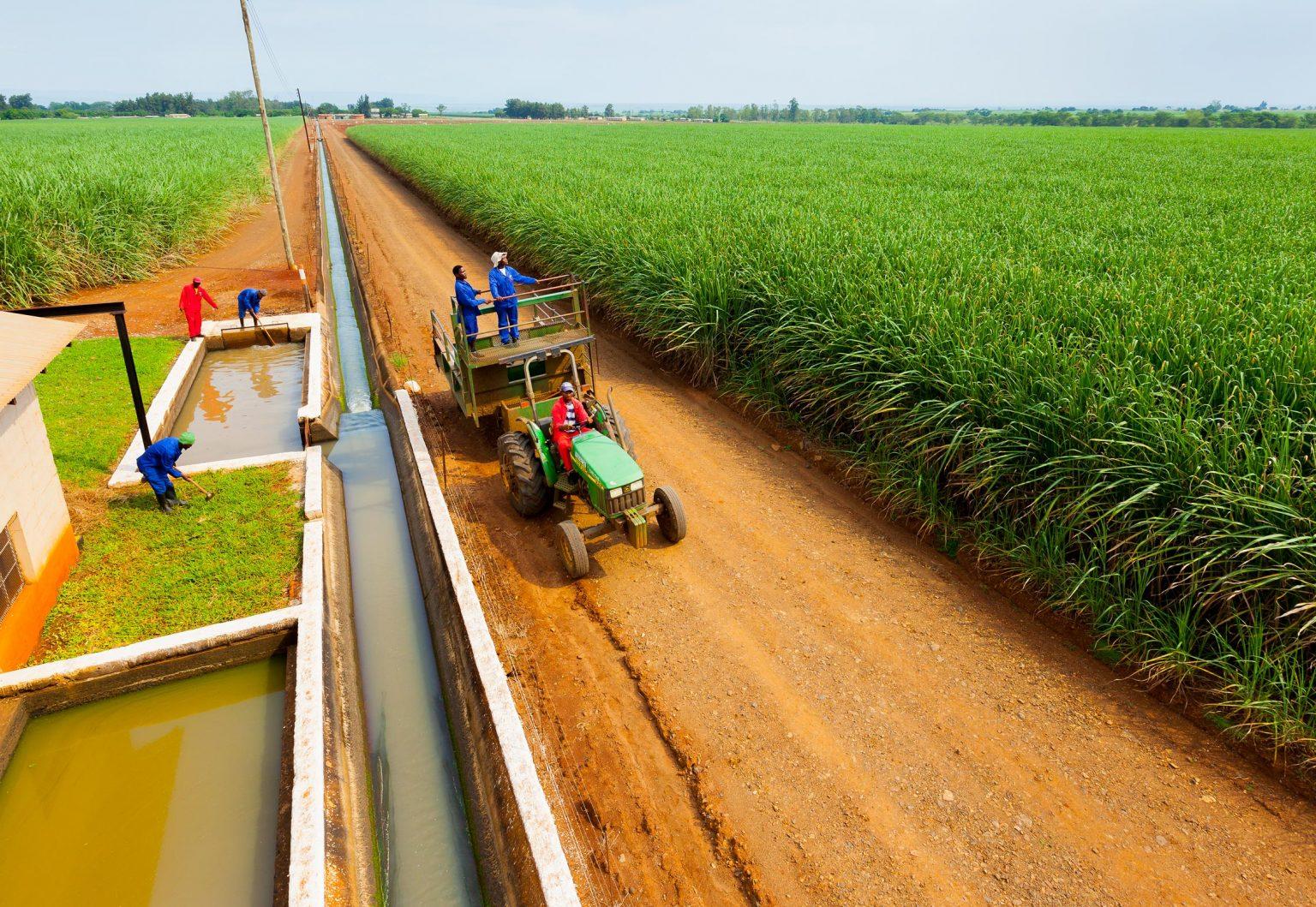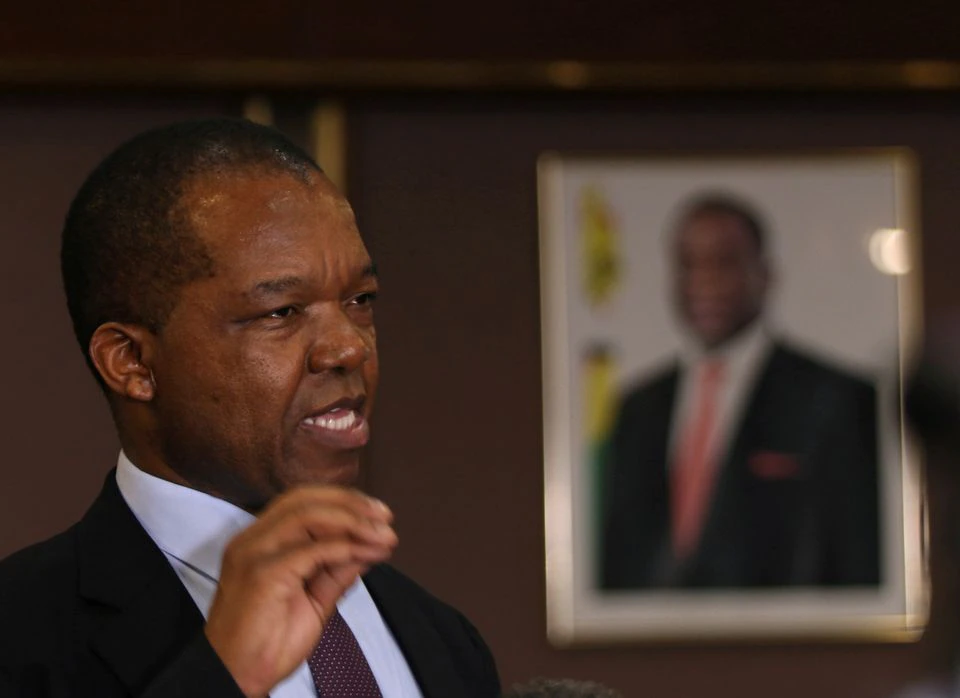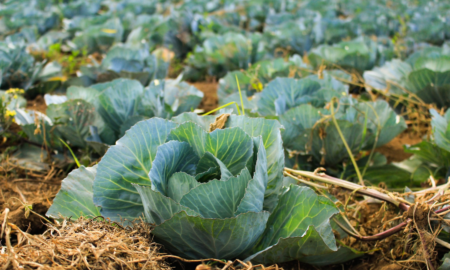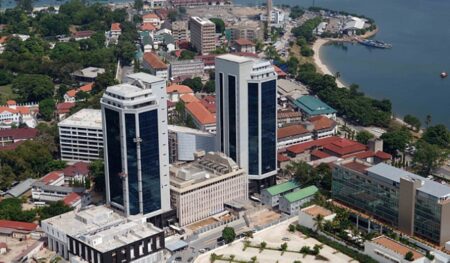- Central bank announces the upliftment of temporary suspension of lending by local banks
- ZSE-listed milk producer Dairiboard Holdings Limited suspends dividend payment of $187 million for the year ended 31 December 2021
- Hippo Valley Estates Limited and Triangle Limited suspend advance payments to sugarcane farmers
The Reserve Bank of Zimbabwe (RBZ) has announced the upliftment of temporary suspension of lending by local banks except for firms under investigation for abusing loan facilities. The lifting of the suspension is with immediate effect.
“The lifting of the suspension does not apply to those entities that are under investigation by the Financial Intelligence Unit (FIU) for abusing loan facilities to the detriment of the economy” read the press statement signed by RBZ Governor Dr. John Mangudya.
Last week, President Mnangagwa, announced a raft of measures aimed at restoring confidence, preserving value, and restoring macro-economic stability.
The president announced in a May 7 televised speech that banks had been banned from lending in a bid to stem the precipitous decline of the local currency inter alia increasing capital holding tax, banning third party transactions on the local bourse, and increasing Intermediated Money Transfer Tax (IMTT).
The move came as the local currency had been depreciated against the United States dollar. This is amid high demand for the greenback which is seen as a store of value.
An executive at an agro-processing firm, name with-held, told NewZimbabwe that his company can’t borrow what it needs to pay 500 farmers for the soy and sugar beans. It contracted them to grow, or fund the purchase of inputs such as fertilizer for the next season’s crop.
On Wednesday last week, the apex bank-issued payment exemption guidelines on offshore drawdowns relating to the financing of payments for marketable commodities such as tobacco and cotton.
Such exemptions come as banks have been instructed not to lend to government, individuals, and corporates according to presidential resolutions announced on Saturday.
Read: Zimbabwe: Mnangagwa’s freeze on bank lending to save currency value
Local funding of tobacco and cotton has been also classified as offshore facilities, meaning such loans can be processed with little restriction. However, local funding for the other marketable commodities such as wheat and maize will not be treated as offshore funding and will need approval by the apex bank.
“Please note that local funding for the purchase of tobacco and cotton should be treated similarly to offshore facilities. Facilities for other marketable commodities would require prior approval by the Reserve Bank,” the statement concluded.
In an article published on May 16, 2022, by the Herald, economist Allen Dube said, “This is a good move because we would have run into a situation where tobacco and cotton would be delivered and no money to buy it and lose on the intended revenue. So this was an amendment that needed to be done.”
In a separate circular last Thursday the RBZ said, “In line with the Ultimate Beneficial Ownership (UBO) principle, authorized dealers shall not process third party country foreign payments.
“Accordingly, foreign payments shall only be made to the country from which the goods/services being invoiced are being imported.”
Just recently Statutory Instrument 96 of 2022 was gazetted which brought amendments to the laws governing the areas the president touched on. There was clarity on the IMTT and withdrawal levy while clearing Capital withholding tax issues.
In an article by StartupBiz, IMTT on Zimbabwean dollar transactions remains at 2 cents per dollar (2%) while IMTT on US dollar transfers goes up to 4 cents on the dollar (4%) as was read out in the speech by the President. We also received an adjustment to the maximum IMTT payable on transactions. Beyond ZWL$66 million the IMTT payable is ZWL$1320000 while in US dollar terms any amount of US$500000 or above will pay a maximum of US$10150.
Further, the SI stressed Automated Financial Transactions Tax. Confirmation of the withdrawal levy being 5 cents for amounts below ZWL$1000 and US$1000, the 5 cents being in the currency of withdrawal. The SI also confirmed the 2% withdrawal levy on amounts over US$1000.
SI 96 of 2022 makes it clear that the increase is from 2% to 4% of the total proceeds. Since 2009 only the Capital Gains Withholding Tax of 1% (which was adjusted to 2% and 1.5% in the 2022 national budget) is chargeable on the disposal of listed marketable securities. The market has suffered over the last 5 trading days and this will be a relief.

Meanwhile, South African-based company Tongaat Hulett Limited, with sugar-growing subsidiaries in Zimbabwe, suspended advance payments to sugarcane growers. They said it normally pays them from bank loans. This was said for and on behalf of Hippo Valley Estates Limited and Triangle Limited.
“We normally fund the advances from loan proceeds that we access from the banks. Following the recent suspension of lending by banks we find ourselves unable to continue offering advances,” the Chief Operating Officer, James Bowmaker said.
Read: Market volatility triggers a change of circuit breakers in Zimbabwe’s ZSE
In related news, Stock Exchange-listed Company, Dairiboard Holdings Limited suspended a dividend payout. The payment date was May 13, 2022. Dairiboard was due to pay out $187 million in dividends for the year ended 31 December 2021.
“Changes in the operating environment and resultant uncertainty have significantly disrupted the credit markets. This caused the company to revise the announced dividend position supported with the need to preserve working capital for the company,” the firm said.
Dairiboard Chief Executive Officer Anthony Mandiwanza told Newsday Business that under the current situation preserving working capital is crucial.
“Working Capital management involves looking at your receipts and payments. With the temporary measures put in place, it means that overhead facilities are limited and this is a challenge for us given that the majority of our products are sold on credit to wholesalers and retailers,” he said.
He further said the situation was temporary and a new dividend payment schedule would be announced once the position is revisited. In the statement which announced the suspension of the dividend payout Dairiboard said the board will reconsider the dividend position at the half year of 2022.
However, late on Thursday central bank made an uncertain exemption for companies that produce marketable commodities.
Read: Cash shortage pushes mobile money to new highs in Zimbabwe











